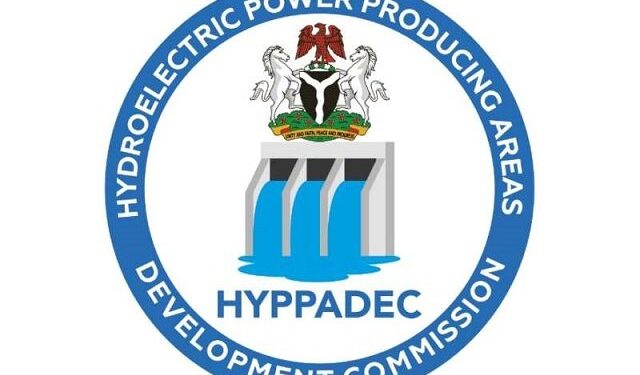From Charity Nwakaudu, Abuja
The Hydro-Electric Power Producing Areas Development Commission (HYPPADEC) has trained its staff to build their capacity to follow due process in procurement in line with extant.
The Director of Community and Rural Development, Dr Mahmoud Muhammad, while speaking at the opening ceremony in Abuja, said the new Commission mandate includes reducing the sufferings of host communities, hence its procurement process must be in line with international best practices.
Muhammad explained that the training was to ensure that extra care would be taken in carrying out procurement activities in the Commission.
“The training will help to update concerned officers on the need to follow procedures on procurement laws to get value for the money spent on any given project by the federal government,” he said
Muhammad added that the management finds it critical to organise the training so that its staff will be knowledgeable about the Public Procurement Act of 2007.
Read also: Delta contemplates N459 billion as 2023 indicative budget
“We can not afford to leave any stone unturned in ensuring that the right thing is done with the fund allocated to it. The people must enjoy the dividend of democracy.
“We wish to start on a good and be known for doing the right thing to avert corruption. Sometimes there might not be corruption in procurement but the staff can be faulted based on the premise of following wrong procurement,” he added.
The Training Coordinator (Consultant) Rilwan Abdulrahman, said the training is geared towards capacity development of the procurement officers, as far as the federal government is concerned.
He added that some people may be wanted not because they stole funds, but because they did not follow the due process.
“The Public Procurement Act 2007 aims to promote the integrity and fairness of those procedures; to increase transparency and accountability in those procedures.
“It is also charged with the responsibility to amongst others, provide a legal and institutional framework and professional capacity for public procurement in Nigeria,” he added.


